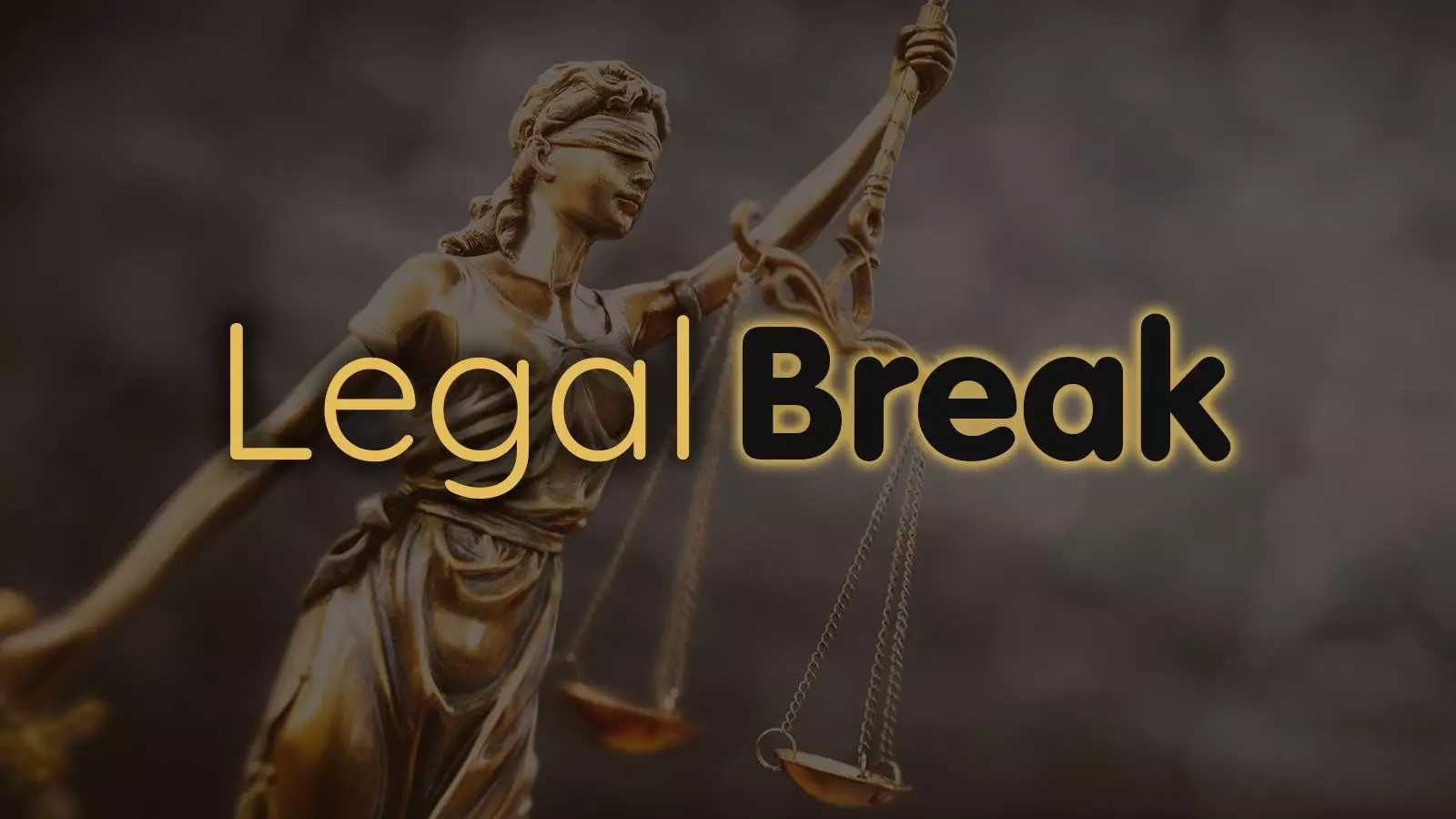The healthcare profession is often viewed as a bastion of trust and care, yet recent revelations have shattered that perception. Dr. Oumair Aejaz from Michigan stands accused of harrowing sex crimes, specifically the videotaping of nude women and children. The case not only raises alarm about individual misconduct but also opens a broader discussion regarding the ethical responsibilities of medical professionals. Authorities are currently combing through thousands of videos linked to Aejaz, heightening public concern over patient privacy and safety in clinical settings.
In a significant legal development, a federal judge ruled against a new Federal Trade Commission regulation aimed at prohibiting noncompete agreements across various sectors, including healthcare. This ruling spotlights the complexities surrounding employee rights and employer interests. While noncompete clauses are ostensibly designed to protect business secrets, they can also hinder professionals from seeking better opportunities, potentially stifling innovation in healthcare where skilled professionals are desperately needed. This juxtaposition illustrates the mounting tension between workforce mobility and corporate protectionism in a rapidly evolving industry.
Pharmaceutical integrity is paramount in healthcare, yet a disturbing trend is emerging involving counterfeit HIV medications in New York City. Gilead Sciences has filed a lawsuit uncovering a nefarious operation led by a convicted medical fraudster. The emergence of counterfeit drugs not only jeopardizes patient health but also undercuts public trust in healthcare systems. Cases like this highlight the urgent need for stringent regulatory measures and improved surveillance mechanisms to protect patients from potentially lethal outcomes resulting from counterfeit medications.
In what can only be described as a tragedy, a Massachusetts pharmacist is preparing to plead no contest to involuntary manslaughter for his role in a meningitis outbreak that claimed the lives of 11 individuals. This case stems from the use of tainted compounded steroids, drawing attention to the significant risks associated with pharmaceutical compounding and the apparent lack of oversight that contributed to such a disaster. It emphasizes the necessity of rigorous quality control in the preparation of medications to ensure patient safety in the healthcare sector.
Negligence does not solely reside with individuals; institutions also bear a significant burden of accountability. A recently filed lawsuit against a hospital in Atlanta highlights this truth, as the family of a patient contends that a portion of his skull was lost during a necessary medical procedure aimed at alleviating intracerebral hemorrhage. Situations like these not only reflect poorly on individual healthcare practitioners but also raise questions about hospital protocols and whether adequate training and oversight were in place.
Tragic incidents continue to unfold wherein law enforcement officers mishandle encounters with individuals facing mental health crises. The family of a New Jersey man who was killed by police has filed a wrongful death lawsuit, spotlighting systemic failures in addressing mental health issues within law enforcement’s framework. This case prompts a critical conversation about the need for comprehensive training for police officers to handle mental health situations sensitively and effectively, as these interactions can have devastating and irreversible consequences.
In South Carolina, the guilty plea of Dr. David Carlos Rodriguez Jr., for his involvement in a “sex for scripts” scheme involving oxycodone distribution reveals the lengths to which some practitioners may go to exploit vulnerable patients. Furthermore, an incident involving a patient care assistant at Spartanburg Medical Center who allegedly exploited patients further underscores the increasing concern over predatory practices in healthcare. Such troubling examples illustrate an urgent need for watchdog mechanisms to identify and reduce malpractice and exploitation within the industry.
The healthcare landscape is marred by misconduct, negligence, and a range of legal issues that beckon for immediate and comprehensive reform. As the public holds its breath in anticipation of justice, one thing is clear: the integrity of healthcare systems is under threat, requiring urgent systemic changes to safeguard patient welfare and uphold ethical standards within the profession.


Leave a Reply